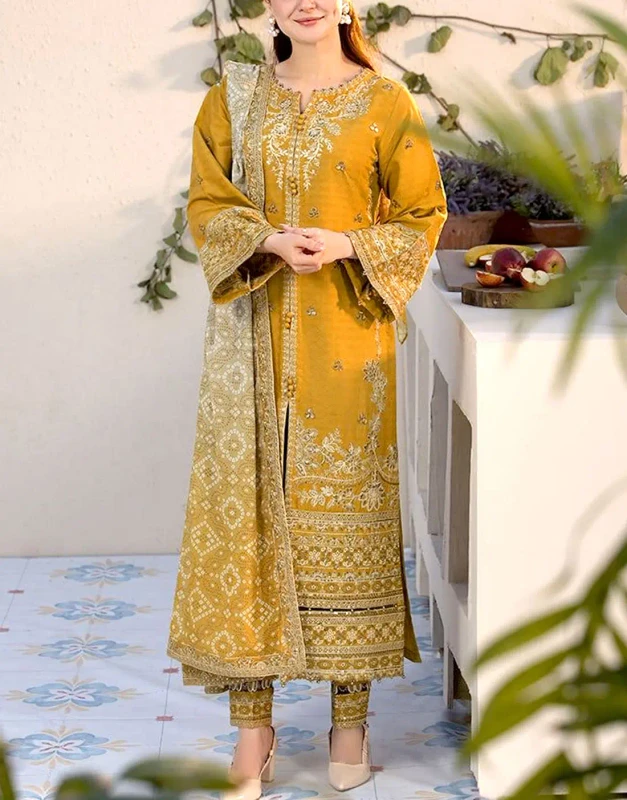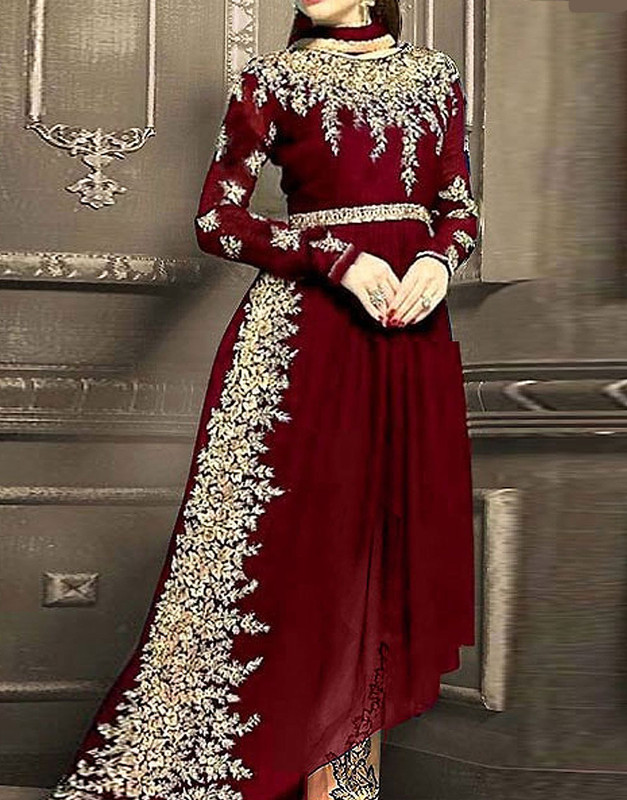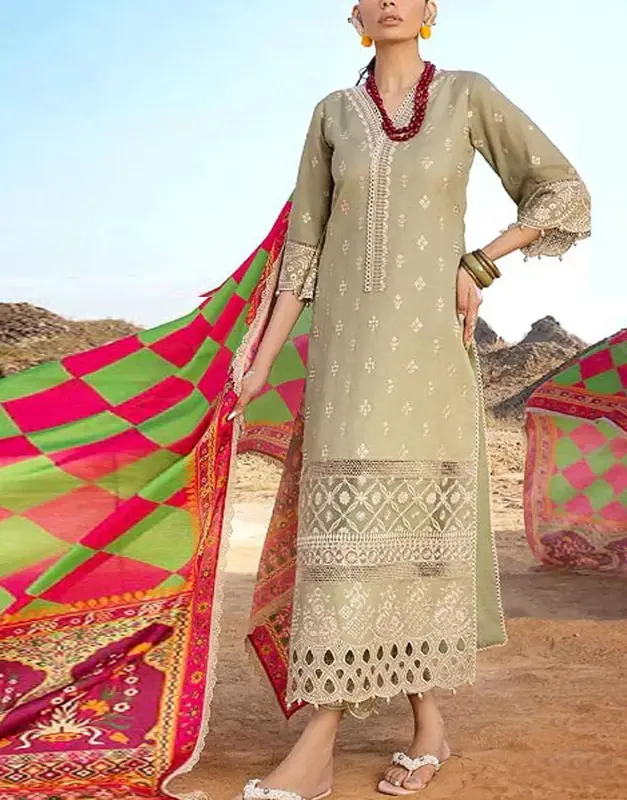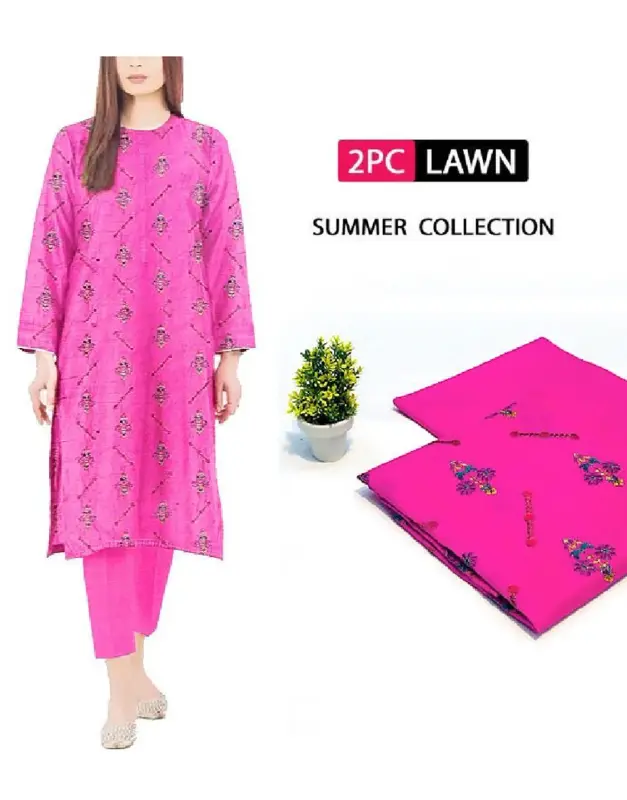Budget Nutrition Plans with Pakistani Staples Like Daal and Rice
Because staying healthy doesn't have to mean spending heavy. 👑›âœ¨
Let's be real "" in 2025, prices in Pakistan are touching the sky. From milk to vegetables, everything feels double the price it was last year. But health doesn't have to be a luxury. You don't need fancy imported protein powders or exotic diets to stay fit. Our traditional Pakistani foods "" daal, chawal, sabzi, roti, and anda "" can still make one of the most balanced and affordable diets out there.
So, if you're a student, a single-income family, or just someone trying to eat smart without breaking the bank "" this blog is for you.
👑¥£ 1. The Power of Daal "" Pakistan's Underrated Protein
We often underestimate the humble daal (lentils). It's full of protein, fiber, iron, and keeps you full longer "" without costing a fortune.
Try this simple combo:
1 bowl daal + 1 cup rice = complete protein meal.
Add achaar or a few slices of cucumber, and it's even better.
Alternate between masoor, moong, mash, and chana daal for variety. These lentils are desi, cheap, and packed with energy "" perfect for students pulling long study nights or workers on tight budgets.
"Healthy khana doesn't come from packets "" it comes from your kitchen."
👑š 2. Chawal (Rice): Energy That Feeds the Nation
Rice is the heart of Pakistani comfort food "" from biryani to khichdi. But here's a tip: choose brown or semi-polished rice if possible. It has more fiber and nutrients than white rice.
Budget trick: Mix rice with daal or sabzi "" it stretches your meal and saves cost. Even a simple moong daal khichdi can give you the carbs, protein, and comfort your body needs.
👑³ 3. Eggs "" The Everyday Superfood
Eggs are still one of the cheapest sources of protein and good fats. Boiled, scrambled, or made into an omelet with onions and chillies "" it's power in a shell.
Try starting your day with one boiled egg + roti + chai without sugar. It keeps your energy stable till lunch, unlike sugary snacks.
Bonus Tip: If you can, buy in bulk (like 2 trays). It's cheaper and lasts long in the fridge.
👑¥• 4. Local Vegetables "" Nutrition Grows in Our Soil
Instead of imported veggies, go for seasonal Pakistani vegetables. They're fresher and cost far less.
- Winter: Palak, gobi, mooli, gajar.
- Summer: Lauki, tori, bhindi, karela.
Cook them in mustard oil or olive oil (just a spoon!) and you'll have a vitamin-rich plate for less than Rs. 150 per meal.
Huzi's Hack: Add chopped spinach (palak) into daal "" doubles nutrition and tastes amazing.
👑«" 5. Roti & Flour Choices
Instead of plain white flour, try mixing atta with chana or barley flour. This combo gives more fiber and keeps you full longer "" great for students and workers who can't afford frequent meals.
Even one roti + daal + sabzi is a balanced lunch if cooked right.
👑¥› 6. Milk & Lassi "" Traditional Yet Powerful
Milk gives calcium and energy, but prices are high now. Try replacing one glass of milk with lassi or yogurt "" same benefits, cheaper cost.
Yogurt aids digestion and pairs perfectly with rice or paratha.
👑Œ 7. Budget Snacks That Don't Hurt Health
Skip expensive chips and sodas. Go for:
- Roasted chana
- Peanuts
- Banana or apple
- Boiled corn (makai)
All are under Rs. 100 and actually give you energy, not guilt.
👑’¡ 8. Weekly Meal Plan Example (Simple & Affordable)
Here's what a basic nutritious Pakistani diet looks like without fancy groceries:
- Breakfast: Boiled egg + roti + chai
- Lunch: Daal chawal or sabzi roti + yogurt
- Snack: Roasted chana or fruit
- Dinner: Chicken curry (small portion) + rice or chapati
Repeat with variations "" daal one day, sabzi next, eggs another "" and you'll never get bored.
🕐Šï¸ Huzi's Final Thoughts
Healthy living isn't about spending big "" it's about making smart choices with what's already in your kitchen. Our Pakistani staples "" daal, chawal, sabzi, anda "" are pure gold if used wisely. They carry generations of nutrition wisdom, passed down from our grandmothers who knew how to nourish families on tight budgets.
"In every bowl of daal lies a story "" of care, simplicity, and survival."
So next time someone tells you healthy food is expensive, smile and serve them a warm plate of daal chawal. Because that's not just food "" that's balance, tradition, and love on a budget. â¤ï¸




